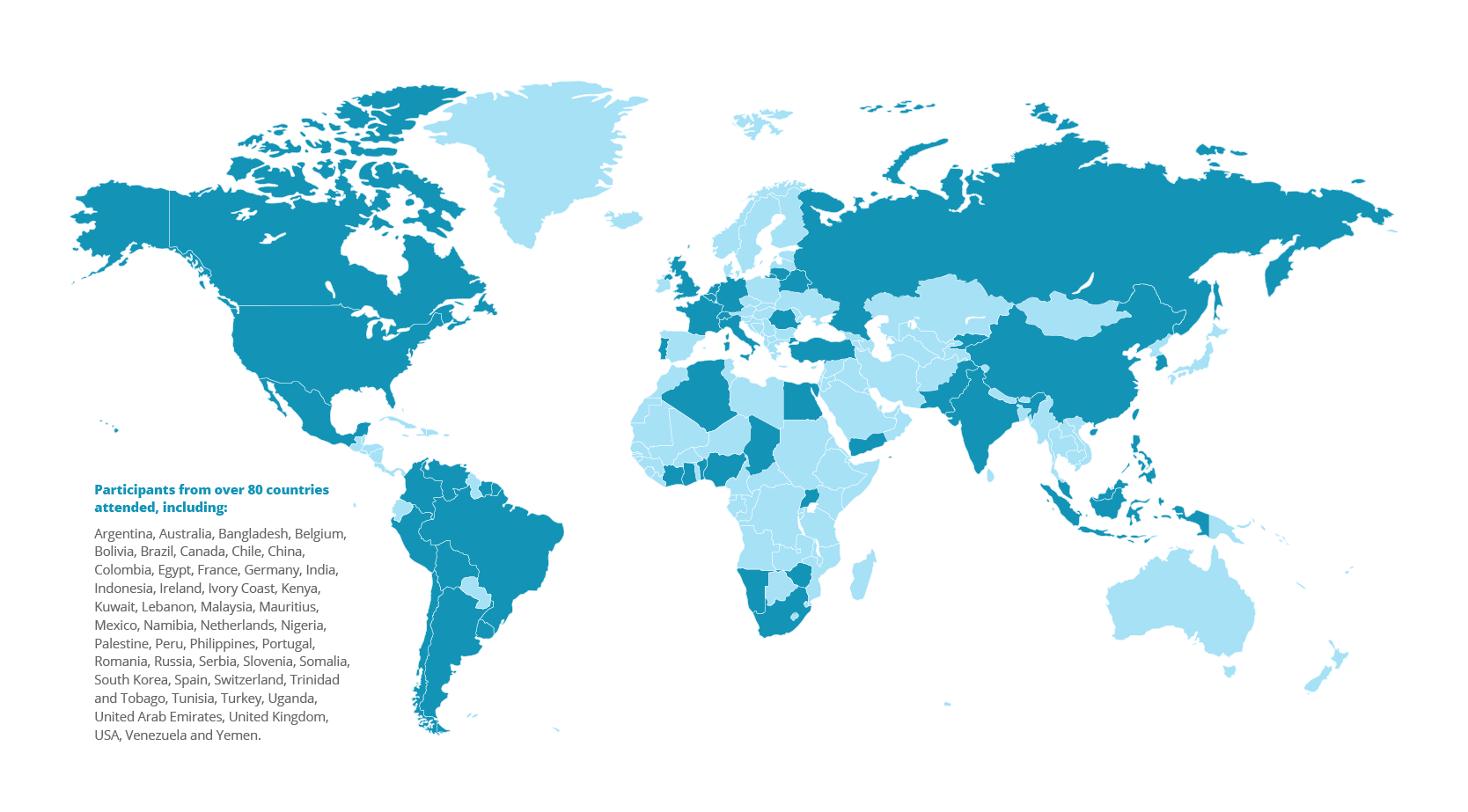2020 Stakeholders’ Dialogue results
Looking back on the Global Stakeholders’ Dialogue
1. A shift is required towards a hybrid architecture for the future of Digital Cooperation.
2. Providing the right resources in a fair way is key to impactful Digital Cooperation.
3. Improving effective inclusion must be at the heart of governance reform.
4. Greater coordination and cooperation is required between stakeholders and the different bodies.
5. Transparency and guidance are essential in navigating the complex system.
6. Trust must be established with transparent, fair coordination and effective, stable leadership.
7. The IGF+ needs to move from a discussion forum to a decision-making body.
The Dialogue results will now be integrated as one of many contributions collected by the German Government over the past half-year as part of the High-Level Panel’s follow-up process. Germany is one of the three co-champions in charge of delivering an options paper on the Future of Internet Governance to the UN.


Why did you participate in the Stakeholders’ Dialogue?
Olga Cavalli: I participated in the dialogue to learn about different perspectives and ideas for the future of Internet Governance. I was not only able to get my ideas across but they were also enriched by listening to other colleagues from all over the world. What really caught my attention was the way the different IG models were presented, with a concise and clear explanation of their scope. The smaller debate groups allowed us to interact more closely.
Salyou Fanny: In Côte d’Ivoire, we seek to promote the viability, robustness, stability and development of the Internet. We need less leadership and more cooperation between key players to reduce the digital divide at all levels. We want a governance system that facilitates dialogue between the different actors of the Internet community in the country. This is why I wanted to be a part of this.
Tracy Hackshaw: As an ICT (Information and Communication Technologies) expert, I found this dialogue format to be a good example of creative use of technology to encourage open engagement and participation on a major and timely issue. I have come to participate in this moment of dialogue, to meet experts from around the world and to learn more. I wasn’t disappointed.
What did the discussion around the three governance models bring to you?
Olga Cavalli: It was a great experience and very clarifying in the explanations of the different models for digital cooperation. I met many old friends and I also met new colleagues who we will interact with from now on.
Salyou Fanny: I learned a lot about the existing governance system and I think that the IGF+ model will enable these changes because the configuration of this new architecture will build on existing structures such as the MAG (Multistakeholder Advisory Group) and the different NRIs (national, regional and continental IGFs). This will give more legitimacy and effectiveness to address previous institutional shortcomings.
Do you feel that you were heard?
Tracy Hackshaw: I felt that my voice was heard and that my opinion and contribution mattered. I enjoyed the clear summaries and concise explanations of the digital cooperation options, as well as the frank discussion in the focus groups on the advantages and disadvantages of each of them. I was surprised by the wide range of participants and appreciated the willingness of colleagues to discuss and share their thoughts and opinions openly and honestly. I felt that my voice was heard and that my opinion and contribution mattered.
What do you think about the coming Citizens’ Dialogue?
Olga Cavalli: Don’t miss it! If we get together and interact, even from different perspectives, we will be able to construct something better for all.


